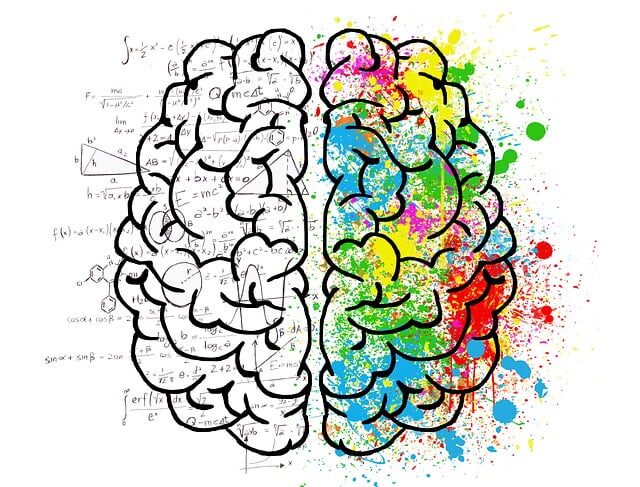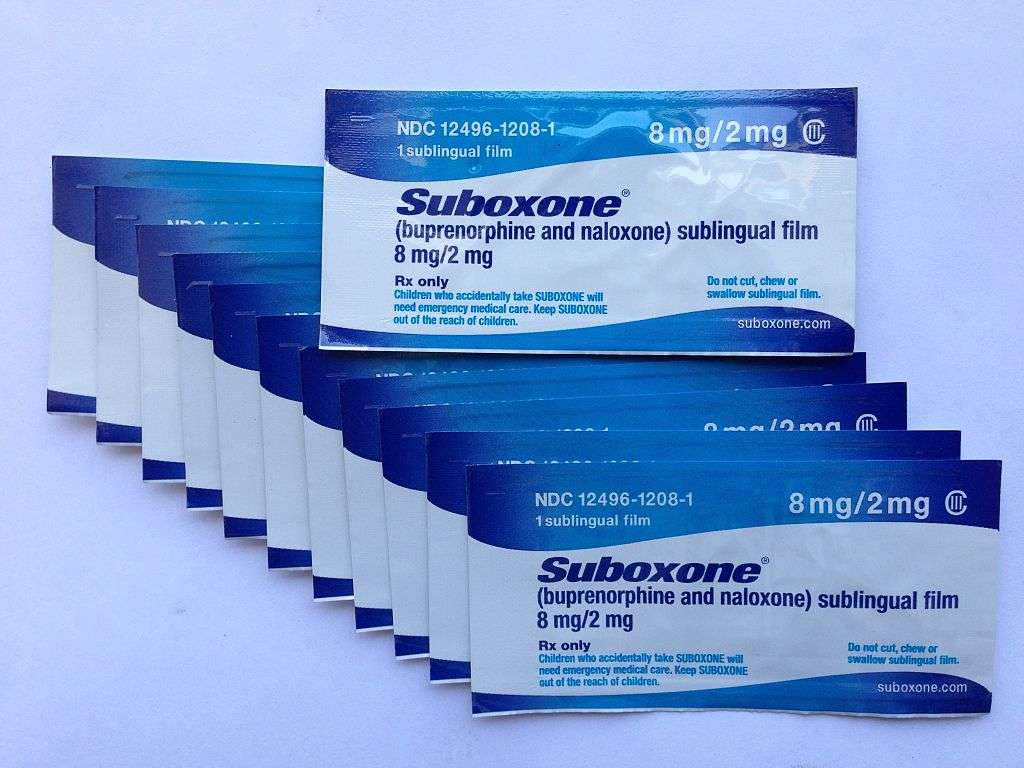

Alcohol, which is frequently used at parties and other social events, can have negative physical and psychological effects, including alcohol withdrawal. When people quit drinking alcohol altogether or dramatically reduce their use, their bodies react physiologically, resulting in unpleasant sensations that can be harmful to their health. This may cause symptoms that range from minor to severe discomfort.
It is essential not only for people who struggle with alcohol dependence but also for their friends, family members, and healthcare providers to have a solid understanding of the signs of alcohol withdrawal. It is crucially important to keep an eye out for these indicators. Early detection and intervention can reduce risks, ensuring the wellbeing and safety of those going through alcohol withdrawal.
Understanding Alcohol Withdrawal
Alcohol withdrawal is a complex physiological process that occurs when alcoholics abruptly reduce or cease their alcohol consumption. It results from the body’s attempt to adjust its functioning in the absence of the alcohol to which it has become accustomed. Symptoms can range from mild discomfort to severe alcohol withdrawal complications as the body readjusts.
Alcohol Dependence and Health Effects
Alcoholism, also referred to as alcohol dependence, emerges over time as the body adjusts to the presence of alcohol. The body’s adaptation to alcohol’s depressant effects and changes in the brain’s chemistry are the causes of this dependence. In order to balance out the effects of alcohol, the brain modifies the levels of its neurotransmitters, which results in a general state of equilibrium. As a result, the body reacts in a variety of ways when alcohol consumption is suddenly stopped or drastically reduced.
When alcohol is absent, the central nervous system experiences a rebound effect because it has grown accustomed to the depressant effects of alcohol. This may cause certain neurotransmitters to become overactive and cause withdrawal symptoms to appear. The degree of alcohol dependence, the length of alcohol use, and the person’s general health all play a role in determining the severity of these symptoms.
Alcohol Withdrawal and Alcohol Consumption
Alcohol withdrawal symptoms can range greatly in severity, from minor ones like headaches and irritability to more serious ones like delirium tremens (DT), which can be fatal. The quantity and frequency of alcohol consumption have a direct impact on the severity of withdrawal symptoms. People who have consumed alcohol heavily and over an extended period of time are more likely to experience severe withdrawal symptoms.
The chemistry of the brain and body is more severely disrupted by long-term heavy alcohol consumption. These people struggle to adjust to the absence of alcohol when they abruptly stop drinking, which makes withdrawal symptoms worse. Additionally, those who have gone through alcohol withdrawal in the past and relapsed are more likely to experience worsened symptoms in subsequent withdrawal episodes.
It is crucial to remember that the potential severity of alcohol withdrawal emphasizes the necessity of expert medical supervision throughout the withdrawal process, especially for people with a history of heavy alcohol use. The risk of complications linked to severe withdrawal can be managed and decreased by seeking medical help.
Common Alcohol Withdrawal Signs and Symptoms
A wide range of physical and psychological symptoms that are associated with alcohol withdrawal can have a negative impact on a person’s wellbeing. The manifestations can vary widely in intensity and duration, making it essential to recognize and address them appropriately.
Physical Symptoms
- Tremors: Involuntary shaking of the hands, arms, or other parts of the body, often referred to as “alcohol shakes.”
- Sweating: Profuse sweating, especially at night, as the body attempts to regulate its temperature.
- Nausea and vomiting: Gastrointestinal distress leading to feelings of nausea and, in some cases, vomiting.
- Headache: Intense headaches and migraines due to changes in blood circulation and brain chemistry.
- Increased heart rate: Elevated heart rate and palpitations, a response to the overactivity of certain neurotransmitters.
- Elevated blood pressure: temporary increase in blood pressure levels during the withdrawal process.
- Insomnia: Difficulty falling or staying asleep, often accompanied by vivid dreams or nightmares.
- Sensitivity to light and sound: increased sensitivity to sensory stimuli, leading to discomfort.
Psychological Symptoms
- Anxiety: Feelings of restlessness, nervousness, and unease, often accompanied by a sense of impending doom.
- Depression: Overwhelming sadness, hopelessness, and a lack of interest in activities once enjoyed
- Irritability: Increased irritability and agitation, leading to difficulty managing emotions.
- Mood swings: Rapid shifts in mood, ranging from euphoria to irritability or sadness.
- Confusion: Difficulty concentrating, thinking clearly, or making decisions.
- Hallucinations: Visual or auditory perceptions of things that are not actually present, especially in severe cases.
- Delusions: Strongly held false beliefs that are resistant to reasoning or evidence.
- Restlessness: An inability to stay still, characterized by pacing or fidgeting.
Variability of Symptoms
It is crucial to recognize that the severity and combination of symptoms can vary significantly between individuals. While some people may only have a few minor symptoms, others may experience a range of more severe symptoms. Genetics, the duration and amount of alcohol consumption, co-occurring medical conditions, and general health can all affect how withdrawal symptoms manifest.
Additionally, different symptoms may appear at different times. After the last drink, early withdrawal symptoms may start anywhere from a few hours to a day later, peaking in the first two to three days. Following withdrawal, there may be lingering psychological distress that lasts for weeks.
Delirium Tremens: A Severe Form of Alcohol Withdrawal


A serious and potentially fatal complication of alcohol withdrawal is delirium tremens (DT), which is more common in people with a history of heavy and prolonged alcohol use. It is characterized by a collection of signs and symptoms that reveal a state of extreme confusion and overactivity of the central nervous system.
Definition and Symptoms of Delirium Tremens (DT)
Delirium tremens is a severe form of alcohol withdrawal that typically happens 2–5 days after the last drink. It is characterized by a sudden onset of symptoms that can quickly worsen. Key signs of DT include:
Severe Confusion: Individuals with DT may experience extreme confusion and disorientation. They might not recognize their surroundings, people, or time.
Hallucinations: Visual, auditory, or tactile hallucinations are common during DT. Individuals may perceive things that are not actually present, which can contribute to their confusion and distress.
Intense Agitation: Restlessness, agitation, and an inability to sit still are prevalent. This heightened state of arousal can be distressing for both the individual experiencing DT and those around them.
Seizures: Seizures are a serious risk during DT. These seizures, known as alcoholic seizures, can vary in severity and may contribute to further neurological complications.
Cardiovascular Instability: DT can lead to fluctuations in heart rate, blood pressure, and body temperature. These changes can put additional strain on the cardiovascular system and increase the risk of complications.
Profuse Sweating: Sweating is often excessive during DT, contributing to dehydration and electrolyte imbalances.
Delirium Tremens Risk Factors
Delirium tremens poses a variety of risks, and if they are not promptly addressed, they may have serious consequences.
- Seizures: Seizures during DT can lead to physical injuries and worsen an individual’s overall health.
- Hallucinations: Hallucinations can contribute to extreme confusion, distress, and dangerous behavior.
- Cardiovascular Complications: The cardiovascular instability associated with DT can result in heart arrhythmias, elevated blood pressure, and other life-threatening conditions.
- Dehydration and Electrolyte Imbalances: Profuse sweating and vomiting can lead to dehydration and imbalances in essential electrolytes like sodium and potassium.
- Risk of Injury: The combination of confusion, restlessness, and agitation can lead to accidents and injuries, both to the individual experiencing DT and to those around them.
Seeking Help for Alcohol Withdrawal


A crucial first step in ensuring people’s safety and wellbeing, especially those who have a history of heavy or protracted alcohol use, is recognizing the need for medical assistance during alcohol withdrawal. It is possible to manage symptoms, avoid problems, and get the support you need during the withdrawal process by seeking professional advice.
Importance of Medical Assistance for Alcohol Withdrawal
When someone has a history of heavy or prolonged alcohol use, alcohol withdrawal can cause serious complications. Seizures, delirium tremens (DT), cardiovascular issues, and electrolyte imbalances are a few examples of these complications.
The ability of medical professionals to monitor vital signs, administer appropriate medications, and intervene promptly in the event of complications ensures a safer withdrawal process.
Medications may be prescribed to treat symptoms, ease pain, and lower the possibility of serious complications. Medical supervision is essential for determining the best medication regimen.
Red Flags Requiring Immediate Medical Attention
Severe Seizures: Seizures during alcohol withdrawal are medical emergencies that require immediate medical attention. Accidental injuries can result from seizures, which may also portend the possibility of more severe complications.
Persistent Vomiting: Dehydration, electrolyte imbalances, and other health risks can result from frequent vomiting. Medical assistance is required if vomiting is persistent and uncontrollable.
Severe Confusion: Extreme confusion, disorientation, and hallucinations beyond what is expected in alcohol withdrawal may indicate the onset of delirium tremens (DT), a serious medical condition requiring immediate intervention.
Hallucinations: Take distressing, vivid, and uncontrollable hallucinations seriously, especially if they come with other severe symptoms.
Rapid Heart Rate and High Blood Pressure: Increases in heart rate and blood pressure that are significant can be signs of cardiovascular strain that call for a medical evaluation and management.
Significant Mood Changes: A doctor should treat extreme mood swings, agitation, or severe depression because they might be indicators of other issues.
Fever and Chills: A high fever or chills that are unrelated to environmental factors can be signs of an infection or other underlying health conditions that require medical attention.
Difficulty Breathing: Shortness of breath, respiratory distress, or any breathing issues should be treated right away.
Unresponsiveness: Medical attention must be provided right away if a person becomes unconscious, loses consciousness, or is having trouble waking up.
It is crucial to seek medical help right away if anyone experiencing alcohol withdrawal exhibits any of these warning signs. Do not be reluctant to contact emergency services or go to the hospital. Seeking professional assistance for alcohol withdrawal is not only advisable but could even save a person’s life if they have a history of heavy or prolonged alcohol use. Prompt medical attention can ensure a safer transition through the withdrawal process and establish the foundation for an effective recovery process.
Final Thoughts on How to Recognize the Signs of Alcohol Withdrawal
Understanding the dangers of alcohol withdrawal and its symptoms is crucial for promoting the health and well-being of individuals struggling with alcohol addiction. By recognizing the signs of alcohol withdrawal, we empower ourselves to take informed actions that can lead to improved outcomes and a safer recovery process.
Alcohol withdrawal is not a one-size-fits-all experience; its intensity, duration, and manifestation differ from person to person. Seeking medical attention is critical, especially for those who have a history of heavy or prolonged alcohol consumption. Complications can be avoided, severe symptoms can be treated, and crucial care can be given if intervention is given at the right time. Seeking help from medical professionals, therapists, and support groups can provide guidance, encouragement, and strategies for navigating withdrawal and achieving long-term change.
Severe seizures, persistent vomiting, and severe confusion are all red flags that should never be ignored. Emphasizing the potential risks connected with alcohol withdrawal, they serve as immediate warnings to seek medical attention.
We can contribute to healthier and happier lives for individuals and their loved ones by recognizing alcohol withdrawal early and encouraging those in need to seek help. Remember that recognizing the signs of alcohol withdrawal is about more than just raising awareness; it is about making a difference in the lives of those who need it most.
Interested in learning more? Read more related articles: The Impact of Alcohol Withdrawal on Sleep Patterns
National Addiction Specialists is here to help and support you! Book your appointment today!
Sources
- Alcohol withdrawal: MedlinePlus Medical Encyclopedia. (n.d.). Alcohol Withdrawal: MedlinePlus Medical Encyclopedia. https://medlineplus.gov/ency/article/000764.htm
- Newman, R. K., Stobart Gallagher, M. A., & Gomez, A. E. (2023, July 21). Alcohol Withdrawal – StatPearls – NCBI Bookshelf. Alcohol Withdrawal – StatPearls – NCBI Bookshelf. https://www.ncbi.nlm.nih.gov/books/NBK441882/
- Bayard, M., Mcintyre, J., Hill, K. R., & Woodside, J. J. (n.d.). Alcohol Withdrawal Syndrome. Alcohol Withdrawal Syndrome | AAFP. https://www.aafp.org/pubs/afp/issues/2004/0315/p1443.html
- Kattimani, S., & Bharadwaj, B. (n.d.). Clinical management of alcohol withdrawal: A systematic review. PubMed Central (PMC). https://doi.org/10.4103/0972-6748.132914
- Alcohol withdrawal timeline: Symptoms and more. (n.d.). Alcohol Withdrawal Timeline: Symptoms and More. https://www.medicalnewstoday.com/articles/alcohol-withdrawal-timeline-symptoms-and-more
- Alcohol Withdrawal: What Happens When You Stop Drinking? (2021, November 26). WebMD. https://www.webmd.com/mental-health/addiction/alcohol-withdrawal-symptoms-treatments
- https://store.samhsa.gov/sites/default/files/d7/priv/sma15-4131.pdf













